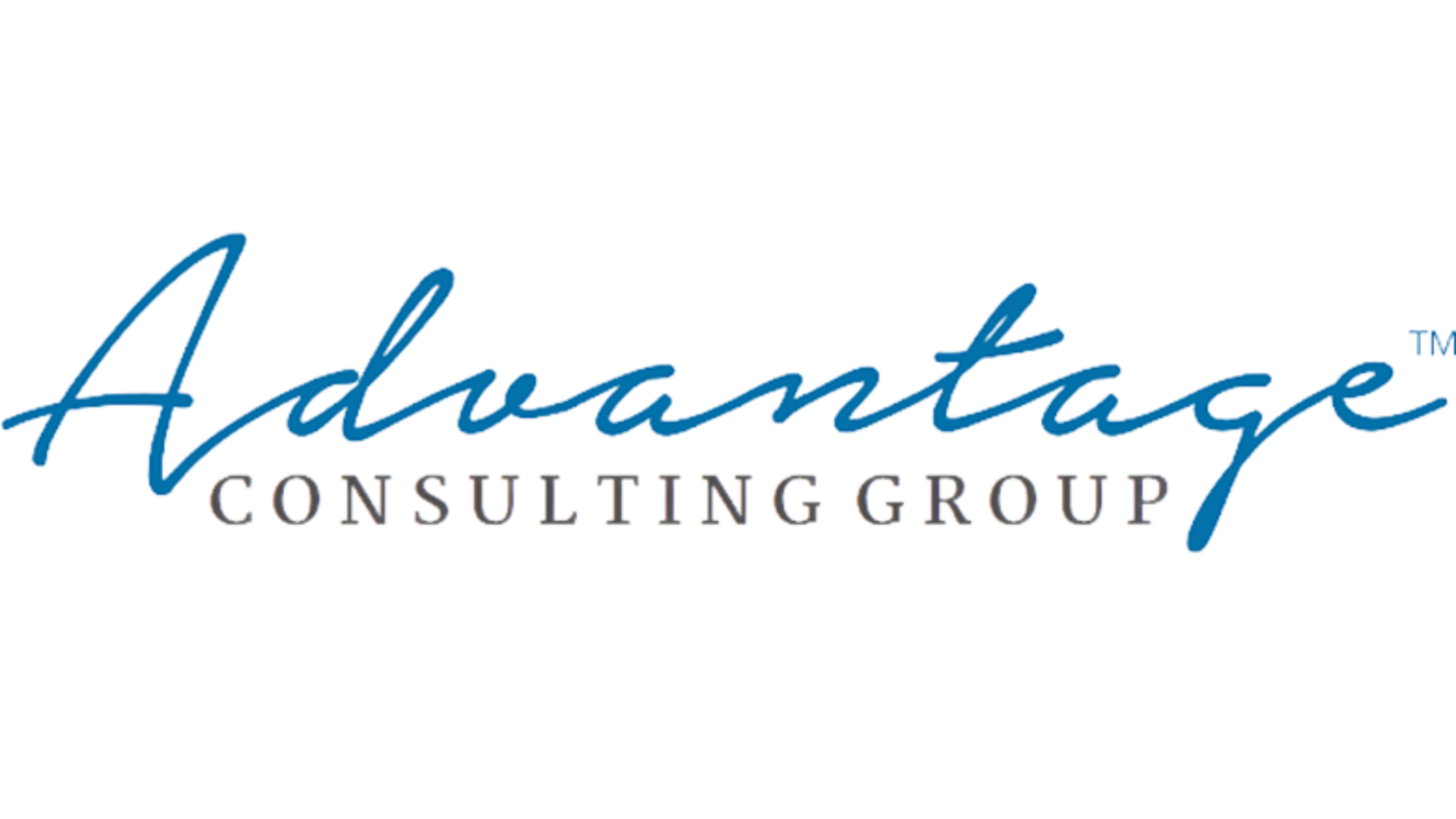A career as a human resource manager can be both rewarding and impactful, as HR managers play a crucial role in shaping workplace culture, ensuring employee well-being, and aligning the workforce with organizational goals. But how do you navigate the journey to becoming an HR manager? Here’s a comprehensive guide to the skills, education, and steps you can take to embark on this fulfilling career path.
Pursue Relevant Education
While it's possible to transition into HR management from other fields, a relevant educational background can greatly enhance your qualifications. Most HR managers hold at least a bachelor’s degree in human resource management, business administration, psychology, or a related field. These programs offer foundational knowledge in topics like recruitment, training, labor laws, and organizational behavior.
To further stand out, consider pursuing a master’s degree in HR management or an MBA with a specialization in human resources. Advanced education can provide a deeper understanding of strategic management, organizational development, and employee relations.
Gain Practical Experience
Experience in HR roles is critical for developing the necessary skills and insights. Start with entry-level positions such as HR assistant, coordinator, or recruiter. In these roles, you’ll handle tasks like screening resumes, assisting with onboarding, and maintaining employee records, which will help you understand core HR functions.
As you gain more experience, aim for roles that expose you to various HR facets, such as benefits administration, employee relations, and performance management. This broad experience will build your expertise and prepare you for the strategic responsibilities of a manager.
Earn Professional Certifications
Certifications can bolster your credibility and demonstrate your commitment to the HR profession. Some recognized certifications include the Professional in Human Resources (PHR), Senior Professional in Human Resources (SPHR), and Society for Human Resource Management Certified Professional (SHRM-CP). These certifications require candidates to pass comprehensive exams, highlighting your expertise in areas like compliance, employee engagement, and business strategy.
Develop Essential Skills
HR management requires a mix of technical and soft skills to handle daily challenges effectively. Key skills include:
Communication: Clear, empathetic communication is essential for handling employee concerns and working with stakeholders.
Problem-Solving: An HR manager needs to navigate complex employee issues, workplace disputes, and compliance challenges.
Leadership: You’ll be guiding HR teams and shaping company culture, so strong leadership skills are crucial.
Analytical Thinking: Use data to inform hiring strategies, performance assessments, and training initiatives.
Legal Knowledge: Stay updated on employment laws to ensure compliance and reduce legal risks.
Build a Network
Networking is invaluable in the HR field. Attend industry events, join professional associations like the Society for Human Resource Management (SHRM), and connect with other HR professionals. Networking can provide mentorship opportunities, career advice, and access to job openings.
Seek Managerial Opportunities
When you feel confident in your skills and experience, seek out opportunities to transition into a managerial role. This can involve applying for internal promotions, exploring external job openings, or transitioning to a different organization where managerial roles are available.
Tailor your resume and cover letter to emphasize your relevant experience, certifications, and specific examples of how your work has positively impacted previous organizations.
Charting a Path to HR Leadership
Becoming a human resource manager involves a blend of education, practical experience, and strategic networking. By pursuing relevant degrees, gaining diverse HR experience, and developing essential skills, you can position yourself to lead HR teams effectively. Professional certifications and a strong network will further enhance your career prospects, helping you navigate your journey to a successful and impactful role in HR management.

